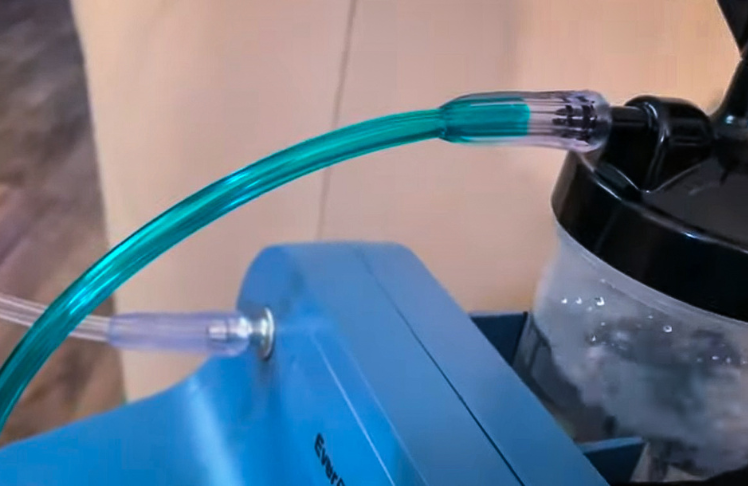
In a significant step towards ensuring the well-being and dignity of incarcerated individuals, the Oregon Department of Corrections (DOC) has officially put an end to the practice of charging prisoners for essential medical devices. The policy change, which was implemented as part of a legal settlement reached last month, marks a significant victory for prisoner rights advocates and has resulted in the refunding of thousands of dollars to hundreds of adults in custody.
Under the previous system, if an inmate required a medical device such as a hearing aid or prosthetic limb but was unable to afford it, the DOC would deduct funds from their wages to cover the cost. Given that prisoners typically earn less than $100 per month, this practice placed an undue burden on those in need of vital medical equipment.
However, following a class-action lawsuit filed by several prisoners at the Snake River Correctional Institution in 2021, alleging that the Department of Corrections violated the Americans with Disabilities Act, significant changes have been set in motion. The lawsuit argued that the previous policy not only violated the rights of disabled individuals in prison but also contributed to a lower quality of life for them.
As part of the legal settlement, the DOC has agreed to abandon the practice of charging prisoners for medical devices. In addition, the state’s prison system has refunded a total of $77,041 to 870 individuals currently in prison and forgiven $39,683 in medical debt for 30 individuals. It is important to note that some prisoners may have received both a refund and debt forgiveness.
Amber Campbell, a spokesperson for the state Department of Corrections, confirmed that the policy change will relieve incarcerated individuals of the burden of paying hundreds or even thousands of dollars for necessary medical devices. The DOC is committed to ensuring that prisoners have access to the healthcare they require without facing financial obstacles.
The DOC is working to finalize the new rules by the end of the year, providing further clarity and protection for incarcerated individuals’ rights and well-being.















